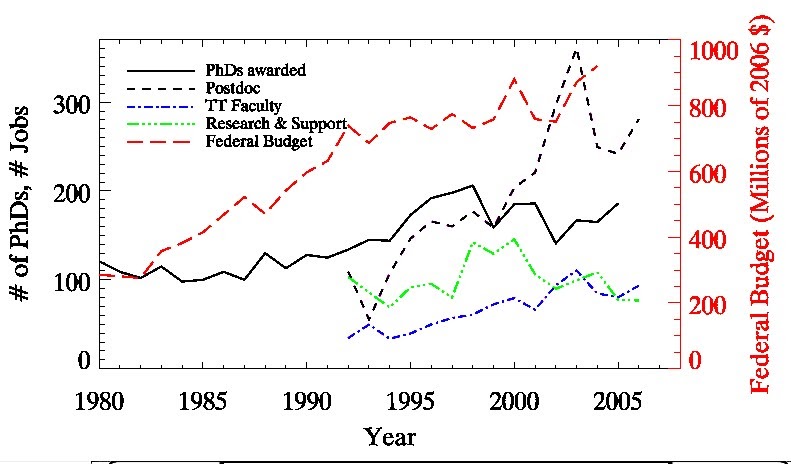You probably won't get an R1 faculty job¶
- 27 Tenure-track faculty jobs nation-wide as of Tuesday night (AAS job register)

Besides, astronomy is basically over now, right?¶


- 82 job listings for data scientist in Austin (linkedin)
What is SparkCognition?¶

DeepArmor¶

Example projects:¶
Detecting Icing on Wind Turbines¶

Clustering/Anomaly detection in Natural Gas Turbines¶

Data Science Roles (at SparkCognition)¶
- Build models for individual clients
- Usually one data scientist per client (well, $<1$ data scientist...)
- Data munging
- Visualization of high-dimensional data ($D \sim 300 - 1000$)
- Usually unsupervised - clients are looking for anomalies or different operating modes
- Communicate model results to client, sometimes as often as 1x/week
- Work on general-purpose tools
- Extending scikit-learn models
- Finding other useful libraries
- Implementing algorithms from the literature.
Data Scientist Skills¶
Coding
- Mostly Python or R
- Version control (git)
- Best practices (OOP, reusable code, comments, docstrings...)
Machine Learning
- Have practical experience! Using in science is great, in a blog is good too.
- Understand what is happening under the hood for common algorithms
Statistics
Communication of technical results to non-technical audiences
- Sometimes you get to talk to data-literate people at other companies
- Most of the time you don't
- Informative plots, have a story to describe
Working with software developers to integrate DS models into pretty applications
After:¶

Differences with Academia¶
Perks!¶

Everyone is working towards the same goal¶

Much faster timeline¶
- Proof-of-concepts < 1 month
- Full projects ~ 3 months
- If you're working on the same thing for a year, something is very wrong.
How can I get into data science?¶
- Use python for data analysis/visualization
- Consider a software carpentry course (scipy)
- Give public talks on your research
- If you can, incorporate ML models into your research
- If that isn't going to work as well, start playing with toy projects
- Start teaching yourself statistics
- Especially if you're a theorist
- Rob's class and associated book are great
- The astroml book is great too
- Go to meetups and talk to people!




